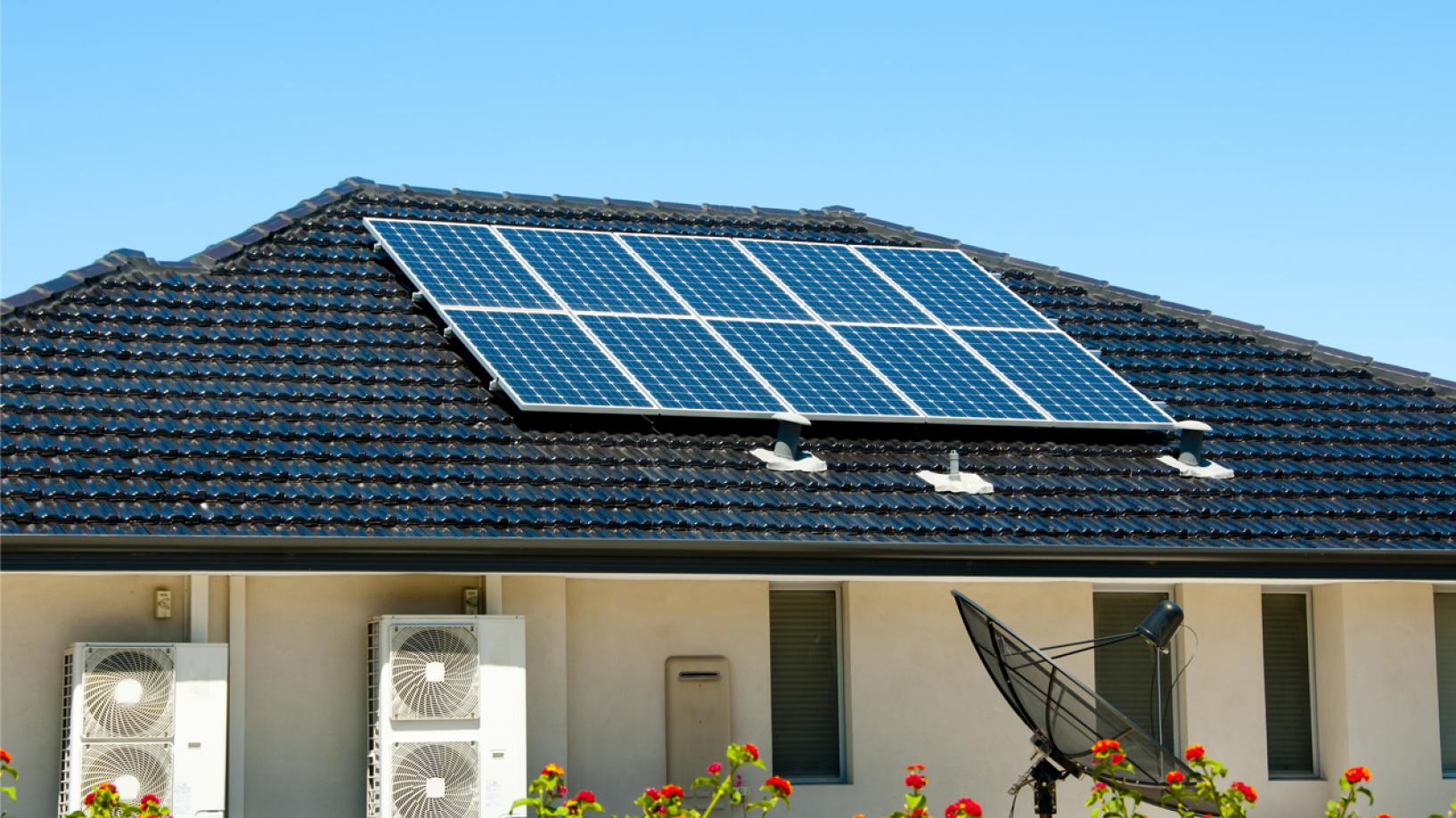Energy Consumers Australia welcomes the draft determination issued by the Australian Energy Market Commission but notes that the proposed changes are merely the first step in a process that needs to be centered around talking to consumers and placing their needs at the forefront.
“The draft decision by the AEMC paves the way for “right-sizing” the local network driven by consumer decisions and needs,” ECA Chief Executive Officer Lynne Gallagher said.
“Right now, in many places the capacity of the local network is being overloaded. As more consumers take up rooftop solar systems, limits are having to be imposed on how much of the generation from these systems makes it onto the grid.”
Under current rules, expanding this capacity would require new infrastructure to be built. Those costs would be passed on to all consumers connected to the local network not just consumers who are able to have rooftop solar and batteries, in their homes or businesses.
The AEMC’s proposed changes on how to integrate small-scale solar and other energy technology into the electricity grid will pave the way for network operators to charge owners of rooftop solar systems for exporting electricity to the grid, a process that is currently free.
“The benefits to the 80% of consumers who either don’t have solar or use all of their solar generation themselves should be lower electricity prices,” Ms Gallagher said.
“But we also need to think about the other 20 per cent - those who currently do have rooftop solar.”
Any decision to price exporting of power must be closely tied to something the AEMC has also endorsed: greater flexibility for consumers to benefit from variable pricing for the electricity they export to the grid, differentiating times when supply is surplus to system needs and when it is urgently required.
“What is clear is that the changes proposed open up the opportunity for more consumers to provide electricity to the grid and be rewarded for doing so,” Ms Gallagher said.
These changes can help create a future energy system in which consumers are rewarded for behaviour that benefits themselves and other consumers in the system, and where the scale of available benefits easily outweighs any additional costs or charges.
If this is to happen successfully, extended and genuine consumer consultation – as foreshadowed by AEMC – will be critical.
“If network businesses and energy retailers are to build the trust and social licence required for a future system in which consumers willingly accept changes such as export pricing, they will need to demonstrate that the totality of contemplated changes represent a net benefit for consumers,” Ms Gallagher said.
With the changes proposed by the AEMC, it is consumer decisions that will shape how the capacity of the local network is expanded, and how it will be funded. The network businesses are obligated under the rules to engage with their customers on how they set their charges for electricity supplied to homes and businesses.
In a welcome move, the AEMC proposes to extend these arrangements to the charges for supplying electricity to the local network from consumers with rooftop solar systems and batteries.
The AEMC’s draft determination responds to three separate proposals to change the rules, two of which were put forward by organisations representing consumers – one from St Vincent De Paul Society and the other from the Total Environment Centre and the Australian Council of Social Services.
The outcome reflects the benefits of the significant collaboration that was undertaken through the Distributed Energy Integration Program, during which the interests of consumers were placed front and centre.
About Energy Consumers Australia
Energy Consumers Australia is the independent, national voice for residential and small business energy consumers.
We enable residential and small business energy consumers to have their voices heard by the sector by working with other consumer groups to gather evidence-based research with a national perspective, distil it to key viewpoints, and feed it back to the market to influence outcomes.
Media contact / interview request: Dan Silkstone 0414622762

